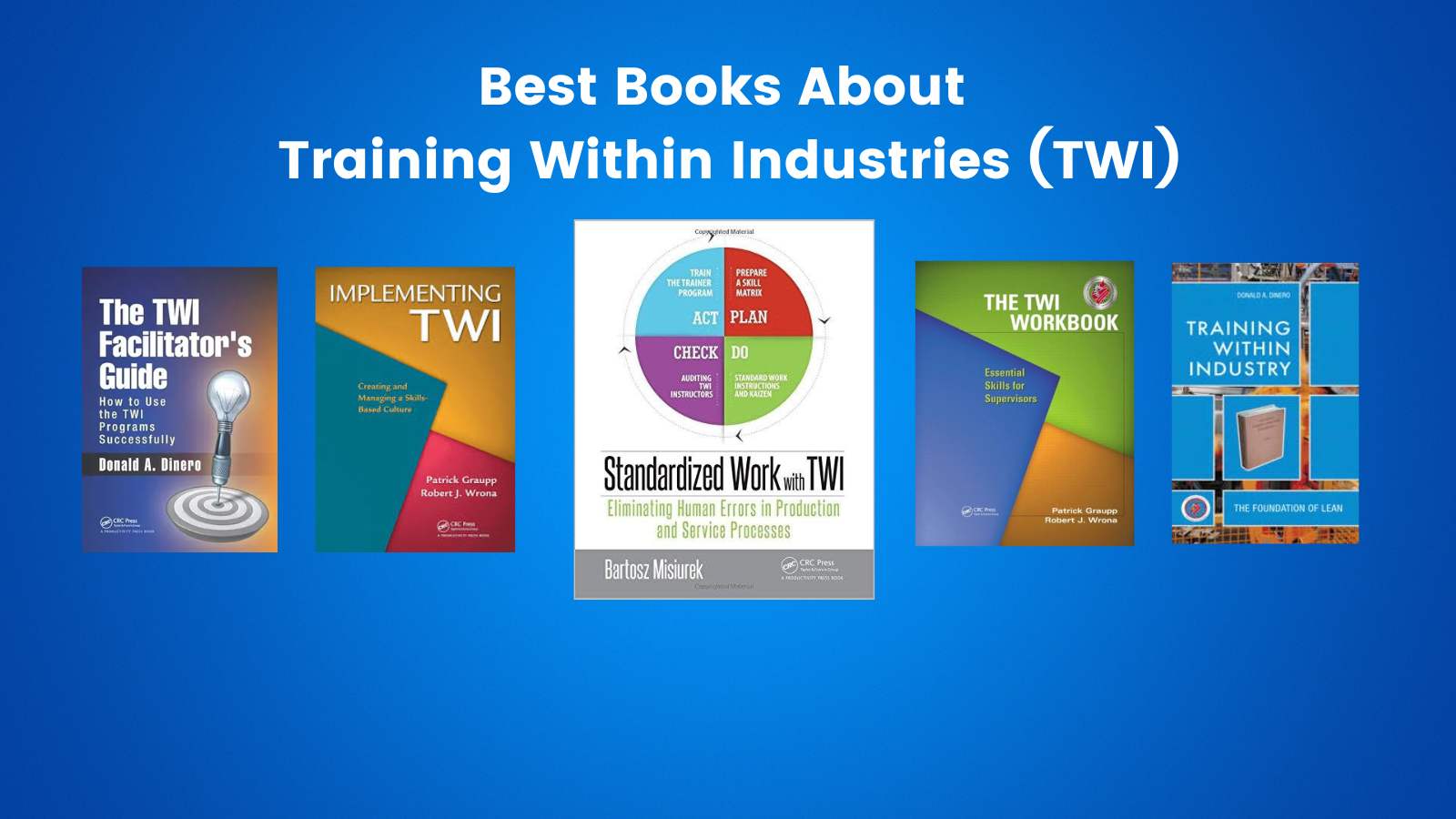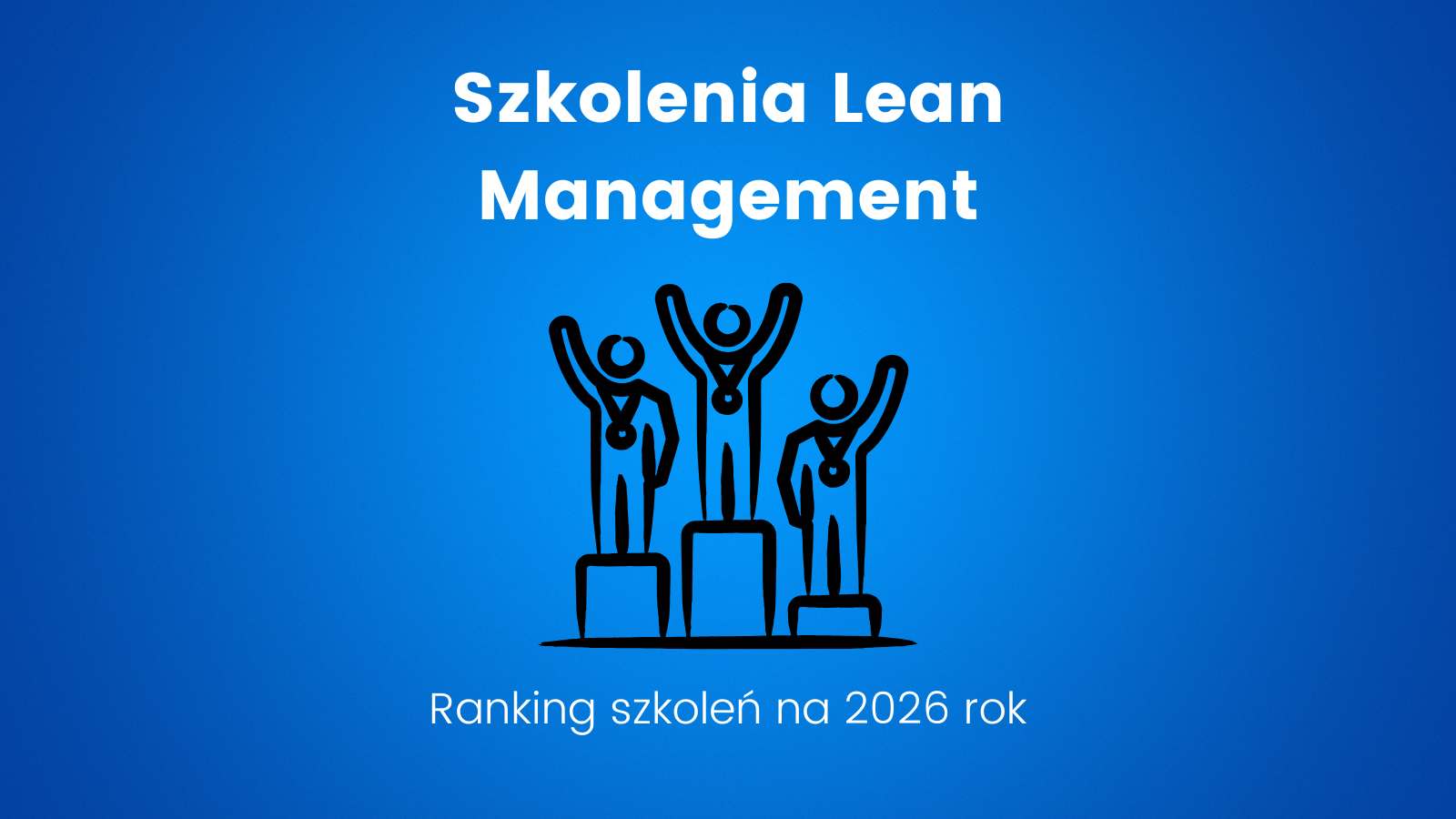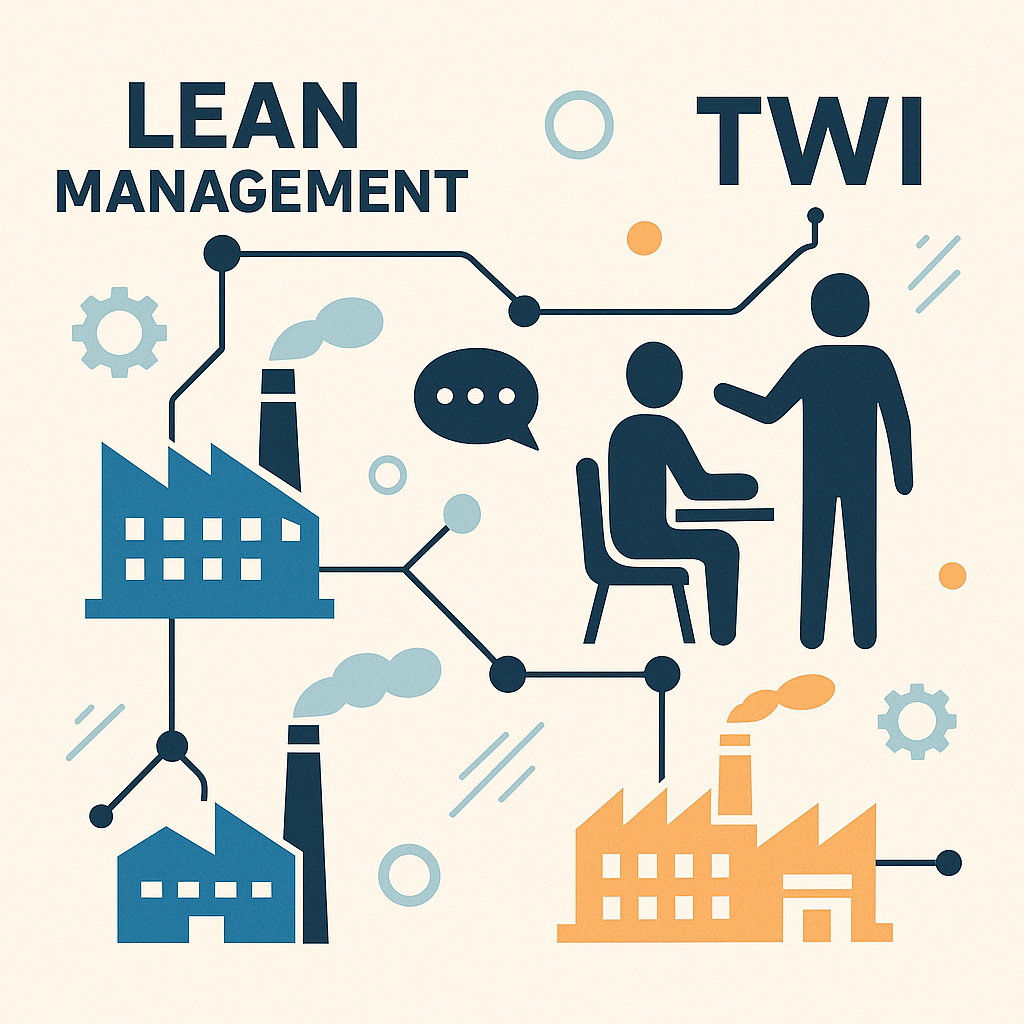Conflict management – leadership strategies. Conflicts between managers can have both positive and negative effects on the organization. Therefore, it is important to understand how different strategies can impact team performance and the overall atmosphere in the company. A few days ago, I asked a question mainly important for directors and managers: “How to react to a conflict between managers?” Today, it’s time to determine the results of the last survey.
Table of Contents
ToggleConflict Management – Attitudes Towards Conflicts
It turns out that my question was quite unequivocal for most of you, and as much as 84% of the respondents stated that such conflicts should be resolved in the same way as conflicts among other employees.
- 11% of people believed that the managers themselves should resolve such issues among themselves,
- 3% are of the opinion that such situations between managers should not occur at all,
- 2% believed that it is enough to wait… until the problem disappears on its own.
Thank you for all the responses and numerous comments – I am glad that the topic turned out to be important not only for me and you decided that it is worth devoting more attention to it.
Different Perspectives on Conflict Resolution
So the question is – which of the answers is “correct”? Or is everything dependent on the specific situation, and there is some truth in each answer? As a fervent advocate of broadly understood diversity, I believe that differences of opinion, especially in business, are extremely important and even necessary for the organization to develop. A different point of view, different experience, and level of knowledge of each employee, especially managers, provide an opportunity to generate often really valuable ideas for solving many problems that the organization faces.
The Need for Intervention in Escalating Conflicts
Therefore, if on this plane we are dealing with a difference of opinions based on merit, respecting the principles of effective communication and not associated with personal attacks from either side, it is not only that such “conflicts” should not be quickly resolved, but it is even advisable for managers to be able to manage them and know how to use them to the benefit of the organization. Conflicts that have a real impact on the quality and efficiency of work, whose goal is not to solve the problem but rather to deepen it, require urgent intervention. Intervention is therefore particularly necessary if the conflict concerns managers – their impact on employees, and thereby on the entire organization, is of course much greater than in the case of other employees.
The Key to Effective Conflict Management
Conflict management – leadership strategies. In conclusion, differences of opinion between managers do not always have to lead to negative consequences. They can, with proper management, be a driving force for innovation and organizational development. The key is to understand that conflicts are an inevitable part of team work and can be used as a tool to build a better future for the company. What do you think, can differences of opinion between managers be a driving force for the organization?

I am an effective manager with 17 years of experience in sales management, and customer service, and the practical ability to optimize processes and introduce employee changes. I prioritize sustainable business development by building and cooperating with a team of motivated and committed professionals who identify with the highest work standards.






